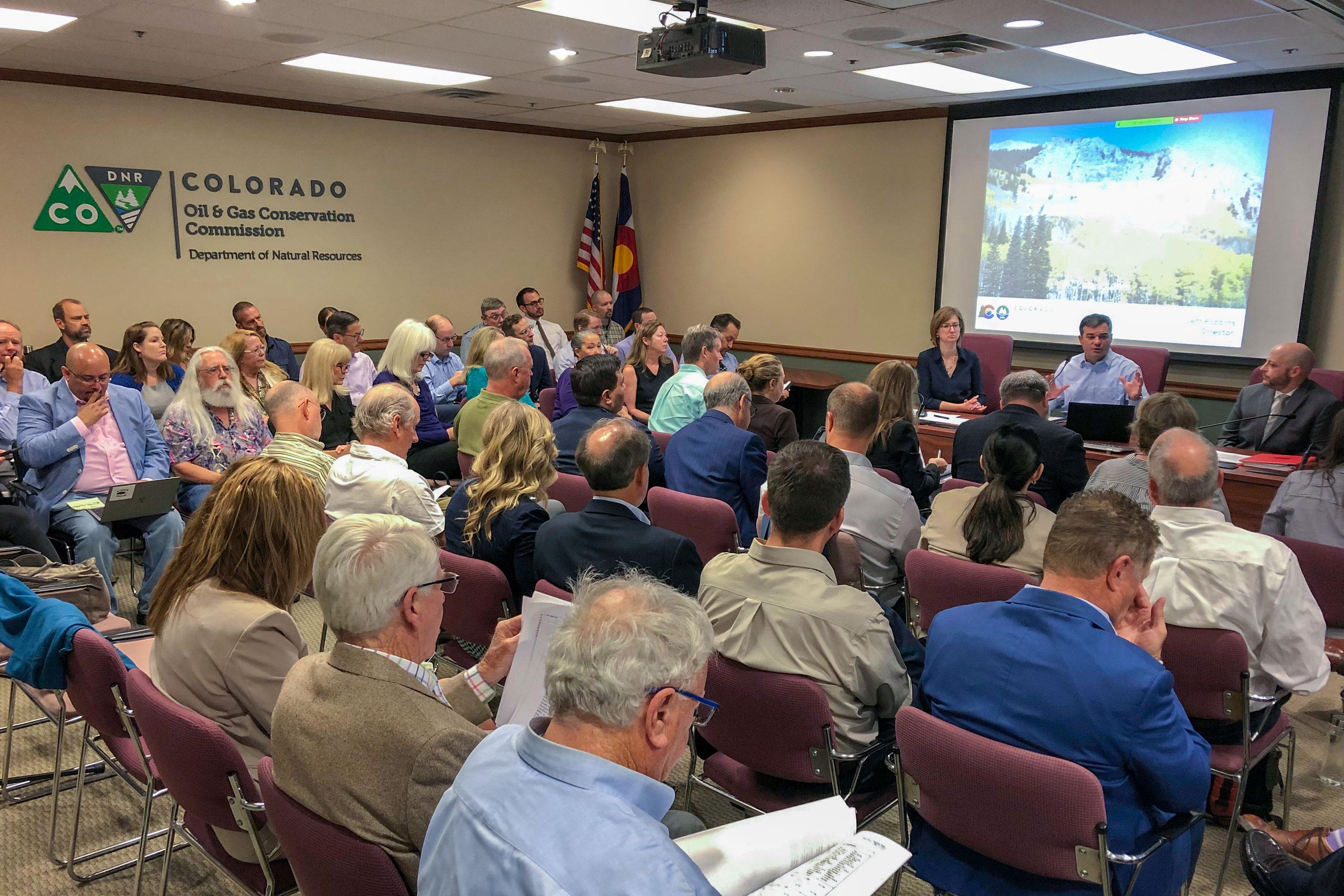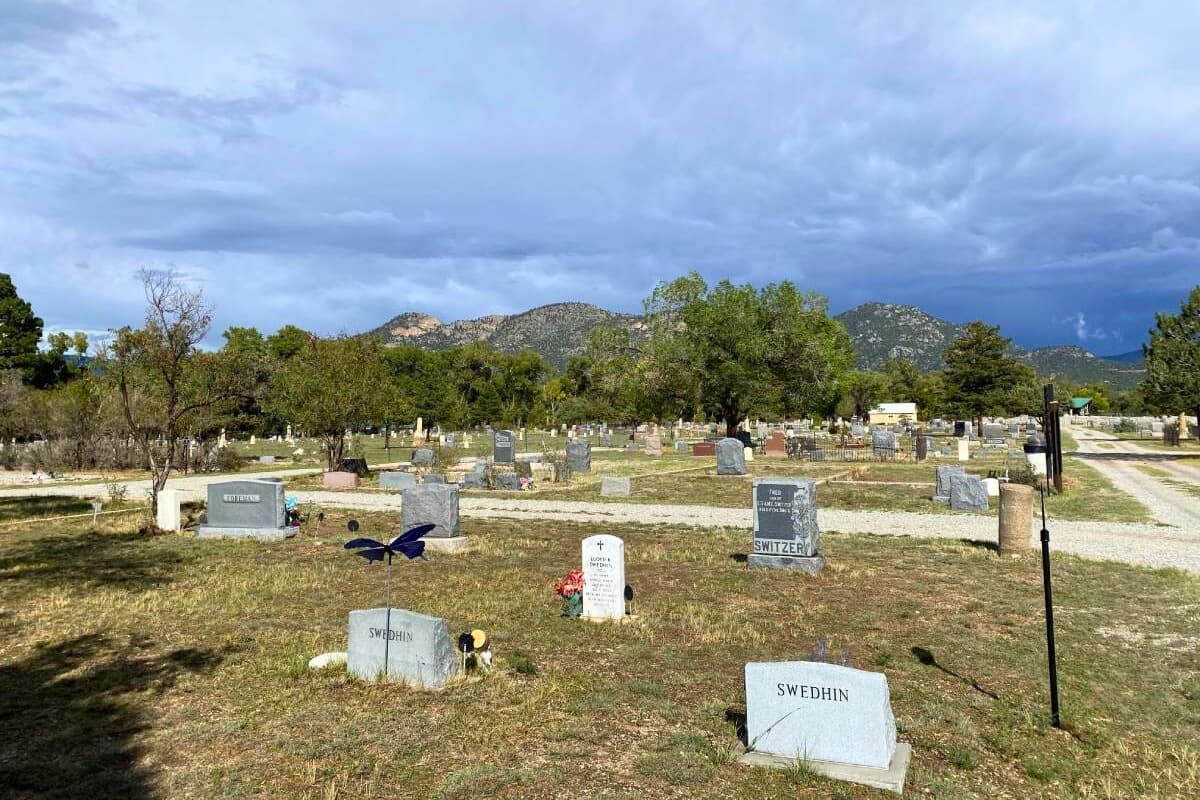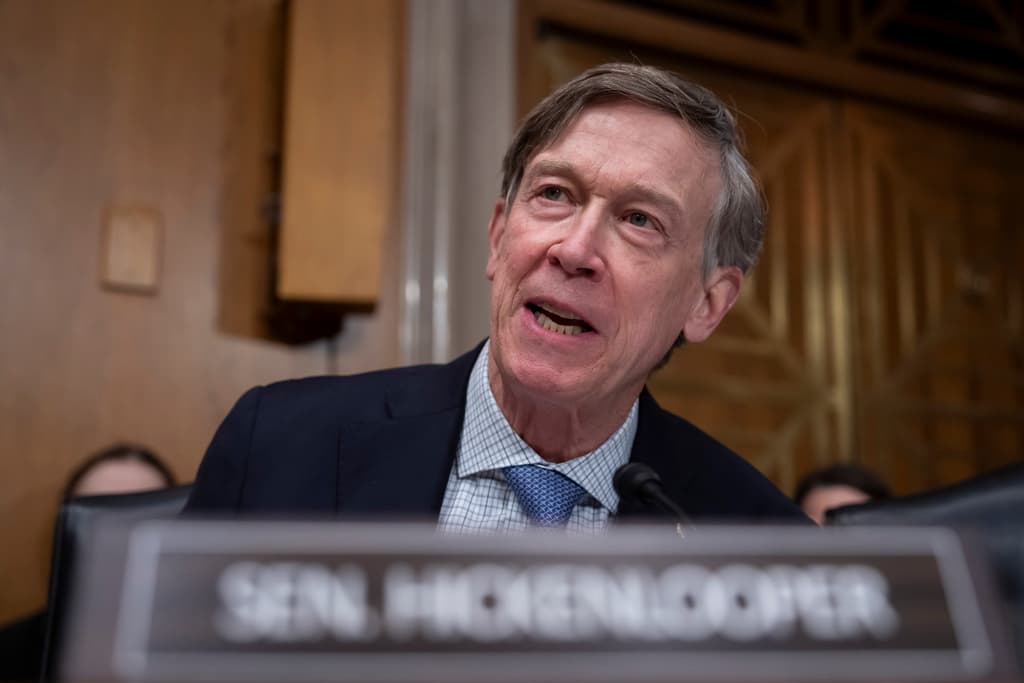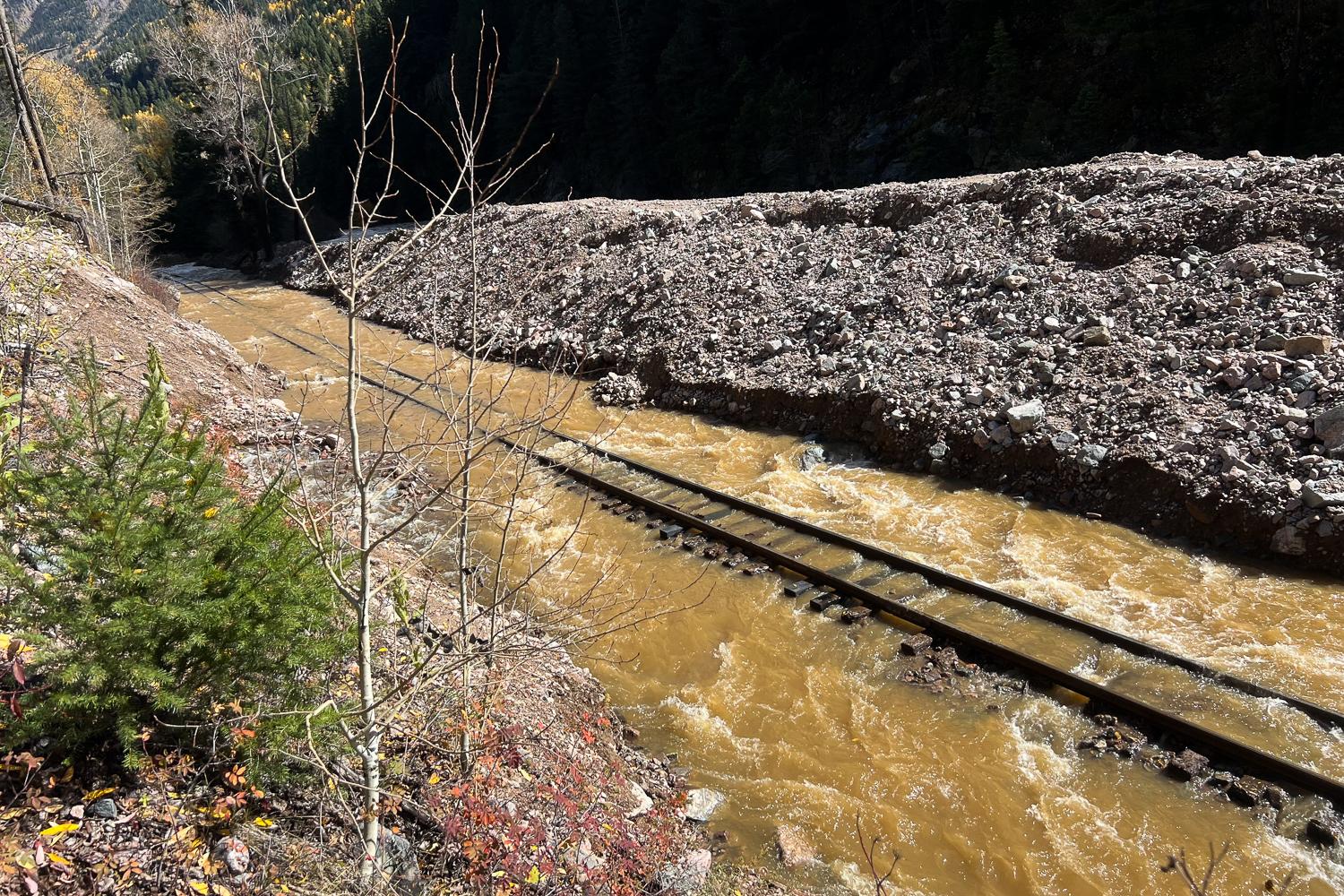

Environmentalists and community activists asked Colorado regulators on Wednesday to stop issuing new oil and gas drilling permits until they rewrite the rules under a new law that makes public safety and the environment the state’s top priorities.
Just a month after the law took effect, some activists told the Colorado Oil and Gas Conservation Commission it should be further along in revising the regulations.
“It doesn’t say to do it next year, it says to do it now,” said Phil Doe, a member of Be The Change.
Industry representatives asked a few questions or declined to speak at Wednesday’s meeting.
The session was one of the oil and gas commission’s early steps toward implementing the new law, which mandated a major change in the agency’s focus from encouraging production to protecting the public, the environment and wildlife.
The law reflects increasing fears about public safety as the booming Wattenberg oil and gas field overlaps with fast-growing communities north and east of Denver. In addition to the emphasis on safety, it gives local governments new powers over the location of drilling and changes the makeup of the commission to add expertise on safety and the environment.
Commission Director Jeff Robbins called Wednesday’s meeting to hear public comment on the first set of changes, which deal mostly with administrative procedures, not drilling. The commission is expected to take up more substantive rules later this year.
Activists called for faster and more sweeping action, saying that oil and gas drilling pollutes the air and water, worsens climate change and puts residents at risk from fires and explosions.
Micah Parkin of the environmental group 350 Colorado accused the commission of pressing ahead with business as usual when it should be reviewing all its rules to make sure they protect the public and the environment.
“We call for a halt on all permitting,” she said.
Joe Salazar, a former Democratic state representative and now director of the advocacy group Colorado Rising, said even the procedural rules were more lenient with the industry than the law requires.
Others demanded a bigger role for the public in rulemaking and in decisions on individual drilling permits. They said the commission is too strict about who has legal standing to object to projects, sometimes shutting out people who live next door to drilling sites.
Some said they had to skip work to attend commission meetings, while industry representatives are paid to be there.
“The public isn’t heard,” Kristi Douglas said. “It’s time that we are heard.”
Robbins said the agency staff will analyze the comments, along with others submitted in writing, before the administrative rules are set.
The commission’s first formal hearing since the law was passed is Monday, but it was not yet clear whether members would start the rulemaking process.









